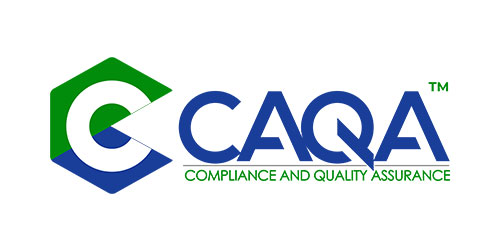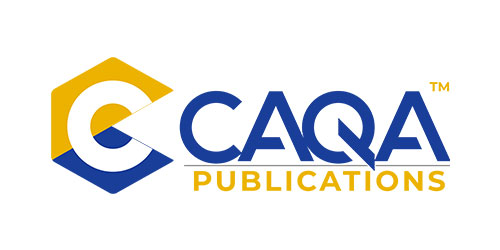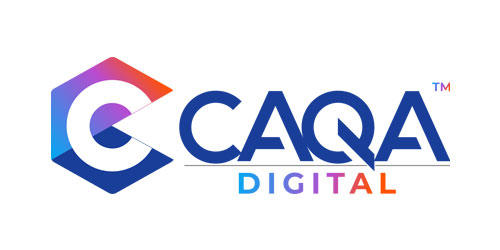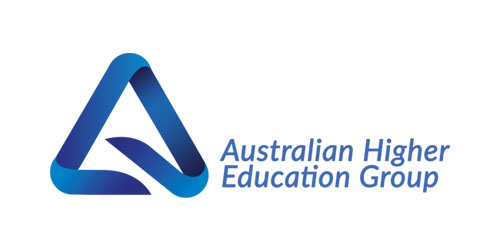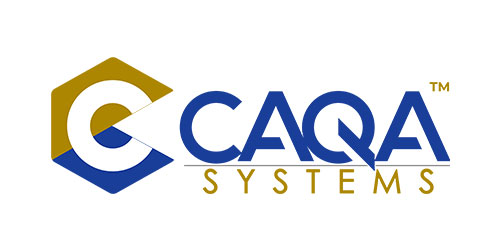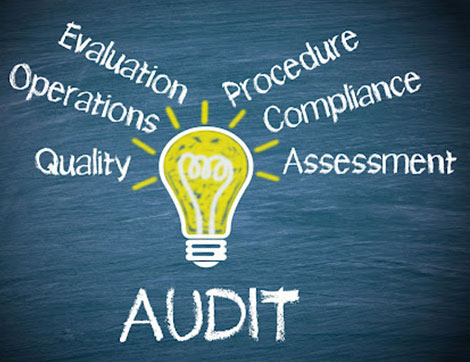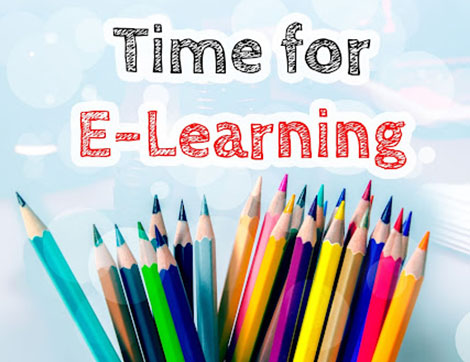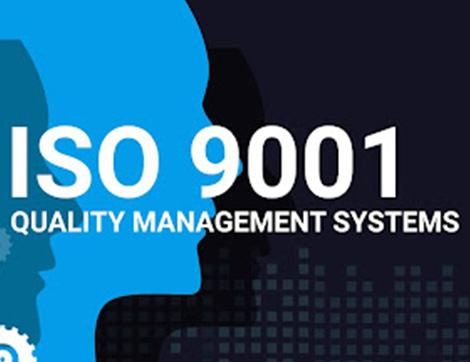Governance is key to maintaining compliance.
One of the key aspects of running a successful training organisation is effective governance. Good governance helps to ensure compliance with relevant regulations and standards, as well as providing a framework for making decisions about organisational strategy and operations. By having a clear and concise governance framework in place, you can ensure that your organisation […]
Read MoreEducation, training, and audits are essential to ensure compliance.
It is essential for training organisations to have systems and procedures in place to ensure compliance with regulatory requirements. Education, training, and audit are key components of these compliance systems. Education ensures that employees are aware of their responsibilities and the consequences of non-compliance. Education on what is compliant and what is not compliant is […]
Read MoreInstructional design concepts for electronic materials
There is no question that the way we design and develop instructional materials has changed dramatically in recent years. The prevalence of digital media and advances in technology have had a profound impact on how we create and deliver instruction. In many ways, these changes have made our jobs as instructional designers more challenging. We […]
Read MoreThe different types of interactivity for your learning and assessment resources
Interactivity is a key aspect of eLearning. It can help to engage learners, making the learning process more enjoyable and effective. There are different types of interactivity that you can use in your learning and assessment resources. Here are some examples: Type 1: Active Interactivity This type of interactivity requires the learner to take some […]
Read MoreThe inclusion of a variety of approaches and techniques for presenting information and activities
When creating instructional materials, it is important to include a variety of approaches and techniques to engage learners and optimise learning. The best way to present information and activities will vary depending on the topic, audience, and format of the material. Here we will discuss some key concepts in instructional design for electronic materials. One […]
Read MoreThe different types of e-learning solutions
You will be required to analyse trends in e-learning, monitor and evaluate one e-learning solution set up for one business need or the needs of a specified user group, document, review and evaluate the e-learning resources and policies, procedures to meet organisational and individual learner needs. make recommendations for improvements. There are different types of […]
Read MoreEngaging and retaining students in the vocational education and training sector
The vocational education and training (VET) sector has undergone significant changes in recent years. There has been a move away from traditional classroom-based teaching to more experiential, hands-on learning. This shift has brought with it a number of challenges but also some important lessons that can be applied more broadly. One of the biggest challenges […]
Read MoreOrganisations that offer information, advice, and support for VET students and providers in Australia
There are a number of vocational education and training (VET) resources available in Australia. Here are some of the best ones: The Australian Government’s MySkills website is a great starting point for anyone looking for information on VET courses and providers. The website provides a searchable database of over 22,000 VET courses and programs, as […]
Read MoreThe value of the critical contribution of the private training sector
Photo courtesy: NCVER The private training sector is a critical contributor to Australia’s vocational education and training system. Currently, the private sector delivers 70% of vocational education and training in Australia. This includes the delivery of accredited courses that helps people develop new skills or improve their existing ones. The private sector plays an important […]
Read MoreThe evolution of the employee – past vs. future requirements
The skills and knowledge gap The 21st-century workplace has seen a dramatic shift in the skills and knowledge required of employees. Whereas in the past, workers might have been able to get by with a limited skill set, today’s businesses require their employees to be highly skilled and knowledgeable in order to stay competitive. This […]
Read MoreInterview with the compliance guru-Shruti Nargundkar, Director and Principal Consultant, Nextext
Profile: Shruti is an education innovator, quality and compliance consultant entrepreneur and manager with over 35 years of experience in education across secondary school, English Language, Vocational Education and Training and Higher Education in Australia as well as internationally. Shruti is the founding director of NEXTEXT, a vocational education and quality and compliance consultancy that […]
Read MoreDevelop high-quality e-learning content that considers the demographics of the learners.
As more and more training organisations move their operations online, the demand for high-quality e-learning content is skyrocketing. But what makes for high-quality e-learning content? And how can you ensure that your content considers the demographics of your learners? There’s no one-size-fits-all answer to these questions, but there are some general principles that you can […]
Read MoreThe cost of living is hurting international students
Living costs in Australia are soaring, and international students are feeling the pinch. Some are being forced to rely on food vouchers and charity to get by. The cost of living in Australia has been rising steadily over the past few years, and international students are feeling the pinch more than most. With tuition fees […]
Read MoreHow to be an LGBT+ Inclusive Training organisation
LGBT+ collectively refers to people who identify as lesbian, gay, bisexual, or transgender, and to people with gender expressions outside traditional norms, including nonbinary, intersex, and other queer people (and those questioning their gender identity or sexual orientation), along with their allies. There are a number of things that training organisations can do to be […]
Read MoreThe education and training portfolios have received key ministerial appointments
The key portfolios of education, skills and training each have a new minister thanks to the appointments made by the Prime Minister, Anthony Albanese. Tanya Plibersek, who held the portfolio in the Opposition and will now transfer to Environment and Water, has been replaced as Minister for Education by Jason Clare, who acted as Labor’s […]
Read MoreAustralia faces one of the largest skills shortages of our time.
According to a study conducted by KellyOCG, a global outsourcing and consulting firm that specialises in providing workforce strategy, solutions, and operations, only 12 percent of respondents believed hybrid work had a positive impact on their company culture, which is significantly lower than the global average of 21 percent. Thirty-seven percent of those surveyed said […]
Read MoreHow To Stay Compliant Without Spending A Fortune On Consultants
The vocational education and training (VET) industry is highly regulated, with a complex web of federal and state laws and regulations. Staying compliant can be a full-time job in itself – and an expensive one, if you rely on consultants to help you navigate the compliance minefield. But it doesn’t have to be that way. […]
Read MoreHow to protect the financial health of your training organisation
As a training organisation, you need to be financially healthy to survive and thrive. There are many things you can do to protect the financial health of your organisation, but here are ten of the most important: First, make sure you have a clear understanding of your costs. This includes both your fixed costs (e.g. […]
Read MoreThe disadvantages of ASQA not following ISO auditing management systems
The Australian Skills Quality Authority (ASQA) is the national regulator for the vocational education and training (VET) sector. ASQA is responsible for ensuring that all VET providers in Australia meet the Standards for Registered Training Organisations (RTOs). However, ASQA does not follow an international ISO audit and administration model, which could lead to problems with […]
Read MoreASQA’s model for self-assurance and reality
ASQA has published a new model for self-assurance that providers can use to improve their practices. The new model should have set out the requirements for an effective self-assurance system and provided guidance on how providers can develop and implement such a system. However, what we can find online after extensive consultation and engagement that […]
Read More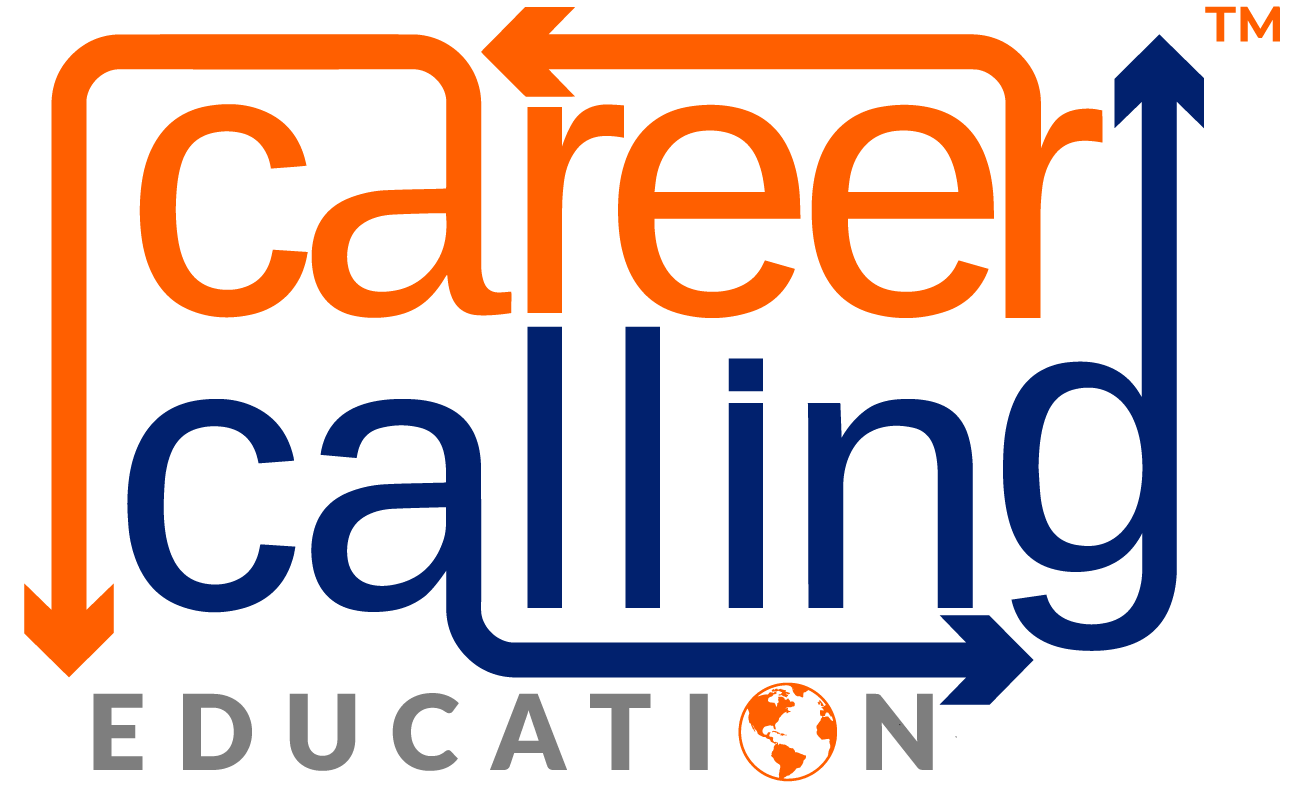
 Enrol Now
Enrol Now Info Pack
Info Pack
